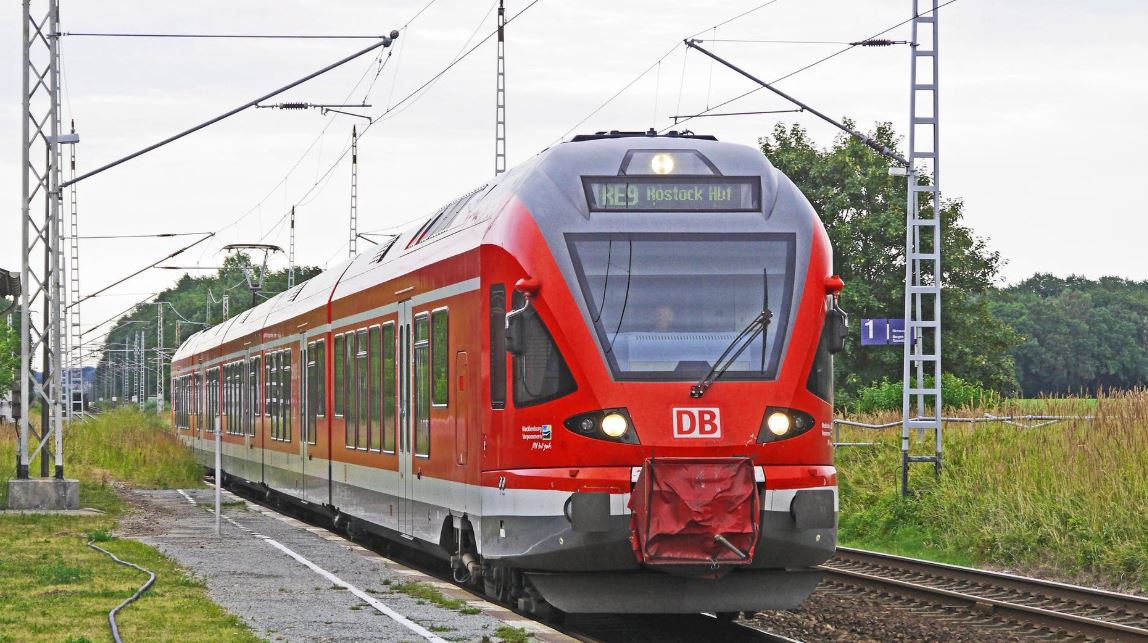We have moved into the New Normal. For most European countries, the hard lockdowns are over. Summer is here, and families are considering where to travel for their summer holidays. Well, most people have probably already decided on their 2020 summer travel, but there might be a few people who are still deciding where to go for their annual break.
One of the lessons observed from the hard lockdown, is that the lack of human movement resulted in a steep drop in air pollution caused by heavy industry and the global transport sector.
The World Economic Forum noted in the third week of April 2020 that, because billions of people across the globe have been told to stay at home, “visualisations using data from NASA’s Global Modelling and Data Assimilation team, show the dramatic impact lockdown measures have had on pollution levels.”
A good example of these extreme reductions in air pollution is the industrial belt in Northern Italy. Measurements taken in March 2020 demonstrated that the PM2.5 weekly average numbers had dropped to below 40 micrograms per cubic meter from circa 120 micrograms in January 2020.
And it’s reasonable to assume that it is judicious for the world’s citizens to continue contributing to keeping these air pollutants as low as possible.
Finally, the question that begs is, what does the reduction in air pollution levels have to do with travel, especially the statement that it is preferred for the environment to travel by train rather than take a plane trip to your destination.
By way of answering this question, let’s consider the following points:
Journeys that take less time are better for the planet
The general assumption that it is faster to take a flight to your destination than it is to travel by bus or train. There is no doubt that the time that the plane is in the air on route to your destination is the fastest way to get from A to B. However, there are routes that are quicker by train, especially when you take into account the time taken to get to the airport from your home as well as the time at the airport before take-off and after landing.
Aviation emissions are much higher than rail emissions
Statistics show that the Carbon Dioxide (CO2) emissions for an average domestic flight are 133g. And they are only 41g for a domestic rail trip. It is also worth noting that the rail trip does not have any secondary effects from high-altitude, non-CO2 emissions where the domestic flight’s non-CO2 emissions are more than 121g.
Slow travel has its merits
Not only is slow travel good for the environment, but it is also emphasises emotional connections with your family, the landscape that you travel through, and the local culture that you come into contact with while on your journey to your destination.
Our modern world has become more of a rat race than anything else, and while it is reasonable to assume that getting to your destination as fast as possible so that you can relax once you’ve arrived, there are more benefits to making the journey part of your holiday and not the precursor to your time of rest.
Final thoughts
There is no doubt that we live in interesting, but very stressful times. However, stress and anxiety levels can sometimes get out of control. And then it’s important to take a step back, plan a relaxing trip with the emphasis on reconnecting with yourself and with your family.

